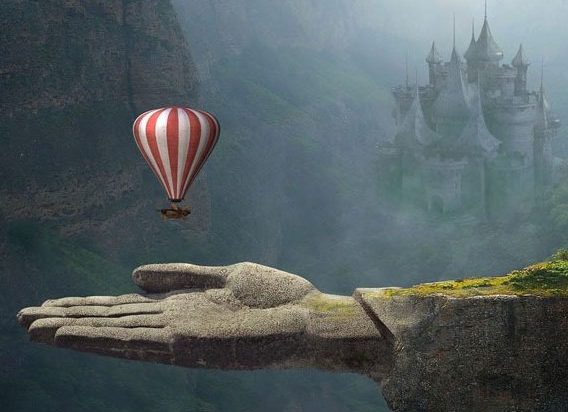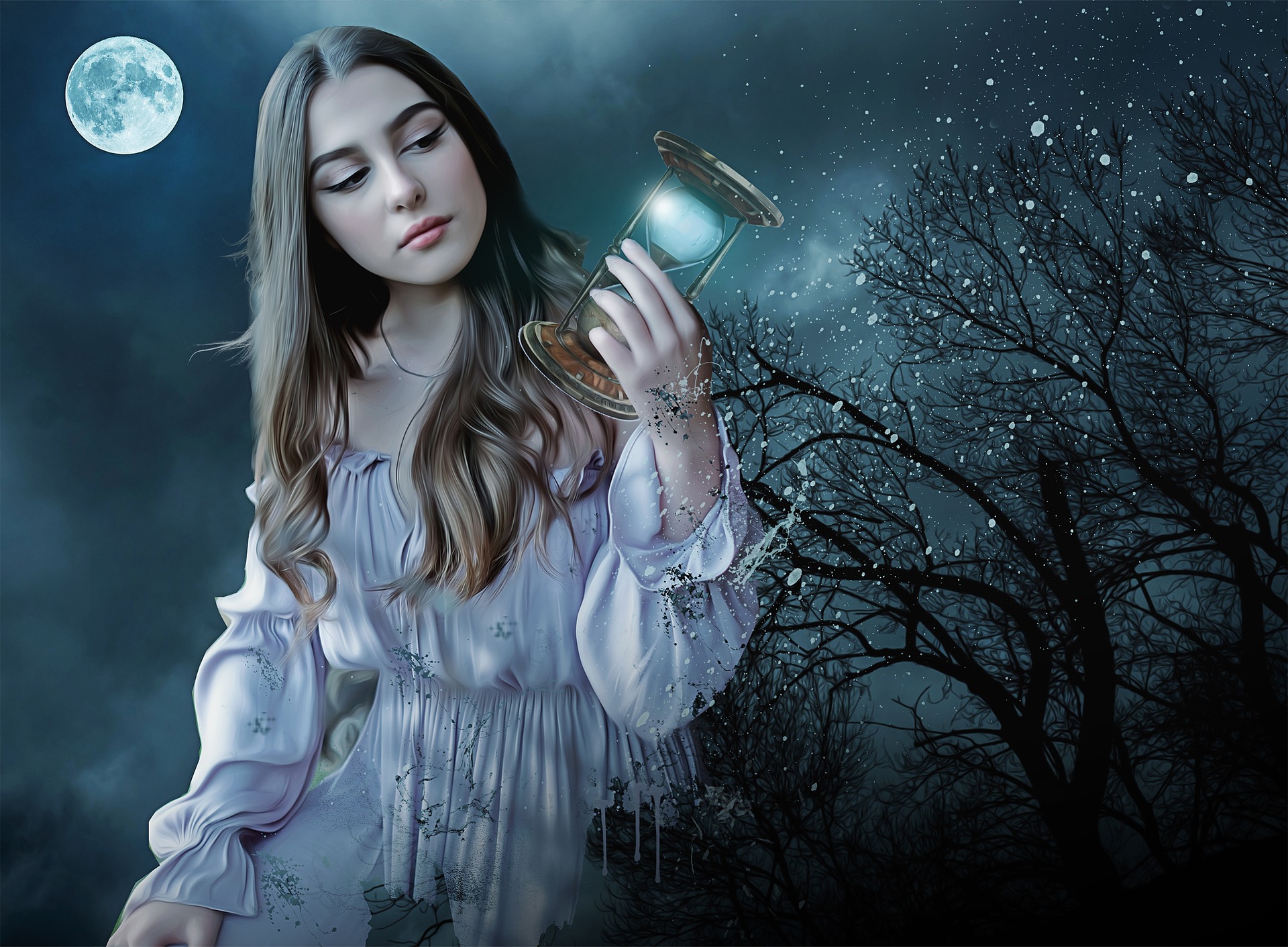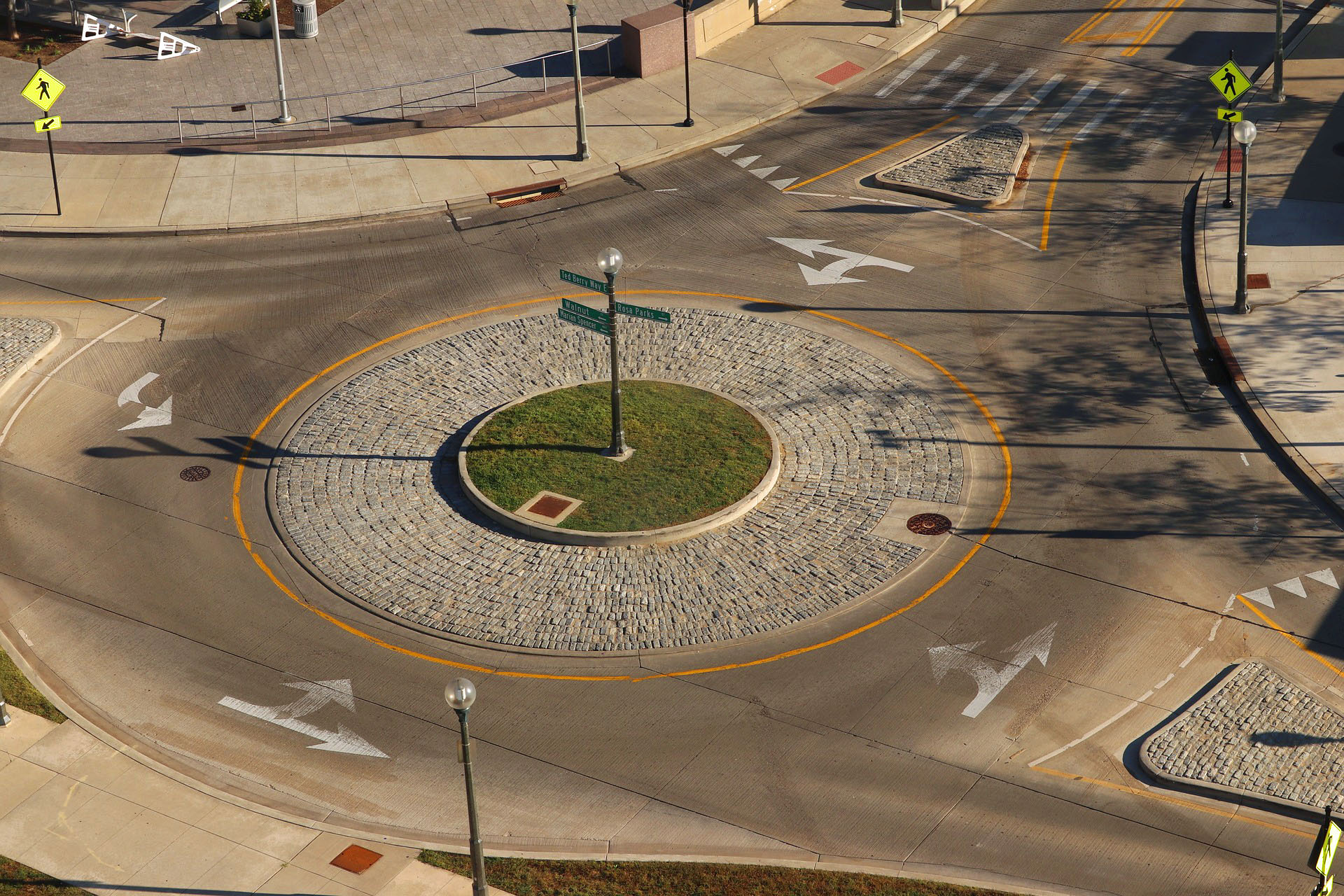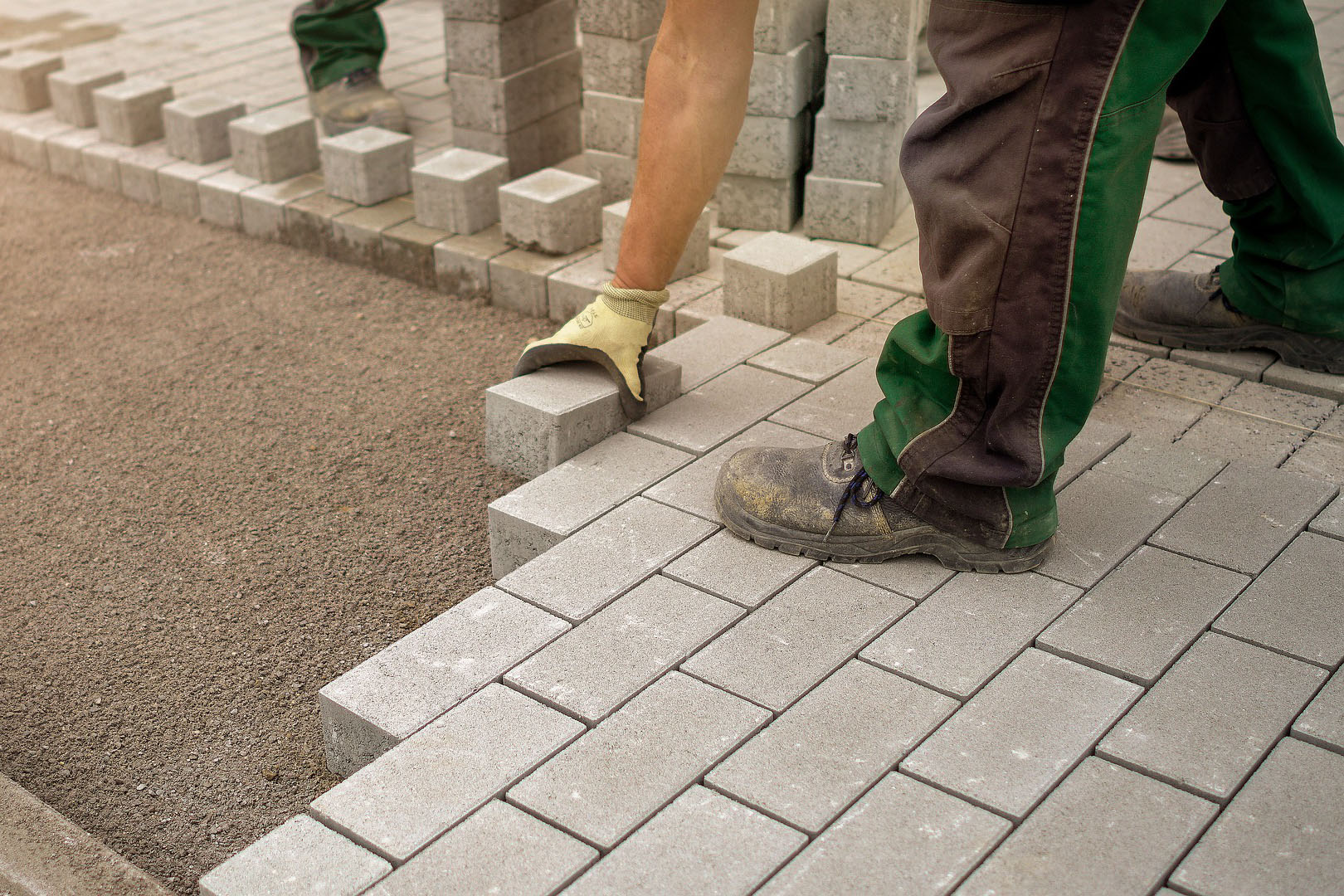Confronting Your Works In Progress
As it often happens with me, once I start writing, the writing takes over. Because I began a new Urban Fantasy and got engrossed in the Work In Progress (WIP), Poetry came pounding on the door snarling “What about me? I got ideas too, you know.” So I’d scramble to write some poetry, locking my WIP characters in their room until done. Of course, they’d shout and try to distract me until I had a sit-down with both my writing types.
“Look you guys, I need to get work done. I understand you both want to be finished first but we need some ground rules. Novel. You are long and complicated. I can’t spit out 10,000 words a day. So be happy when I eke out 2500. I have an arc to follow, so quit trying to distract me and sneak in a love story.”
“Poetry. I know you are so close to being a chapbook you can taste it. But you have to be the best you can be. That’s why I’m writing new poems to flesh you out and solidify your theme.” Poetry puffs its chest and sticks its tongue out at Novel. “Enough of that. You’re entirely different than Novel, so it really isn’t a competition. Novel is 7 times you, so Novel needs more words. Poetry, you take as much care, however, so don’t get your panties in a twist.”
The Juggling Act
“Here’s the deal. Poetry, you get the mornings. I’ll work on you until noon. Then you retire to your computer file and unwind. Poems are better after they rest awhile, and congeal.” Poetry grimaces. “Okay, congeal is a bad word choice. That’s why I have to go slowly with you. To choose the best words in the best order.” Poetry gives a smug smile.
“Novel, you get the afternoons and evenings.” Poetry opens its mouth to snark and I hold up a hand. “Longer. Deal with it. Novel, we don’t have time to rest. I have to get your first draft down before you sidetrack me from my mission.” Novel gives a guilty look. “Hey, I know you like some side characters better, but they need to stick to their lane. I promise when you are done, the second draft will have as much hands-on attention as Poetry.” Novel sits back and nods its head.
I raise my voice. “Essay! Stop lurking outside the door.” Essay slinks into the room with a sheepish grin. “I know you don’t get as much attention as your brethren, but you have an important function also. You help me deal with reality.” Poetry and Novel snort. “Essay, you get to discuss Poetry and Novel, so don’t take their shit. All of you are important in your own way. You will all get attention, I promise.”
A knock sounds on the door. “This is Non-Fiction, are you having a meeting? Let me in.”
“Quick, hide,” I hiss as I slam my laptop lid then raise my voice. “Sorry, no super-secret WIP intervention here. You have the wrong author. Come back next year.”
Non-Fiction gives an evil chuckle. “Next year? See you next week.”
Other Posts on Writing
Listening to Poetry vs. Reading Poetry – Part I
Listening to Poetry vs. Reading Poetry – Part II
Outside Links
How to Juggle Multiple Writing Projects




